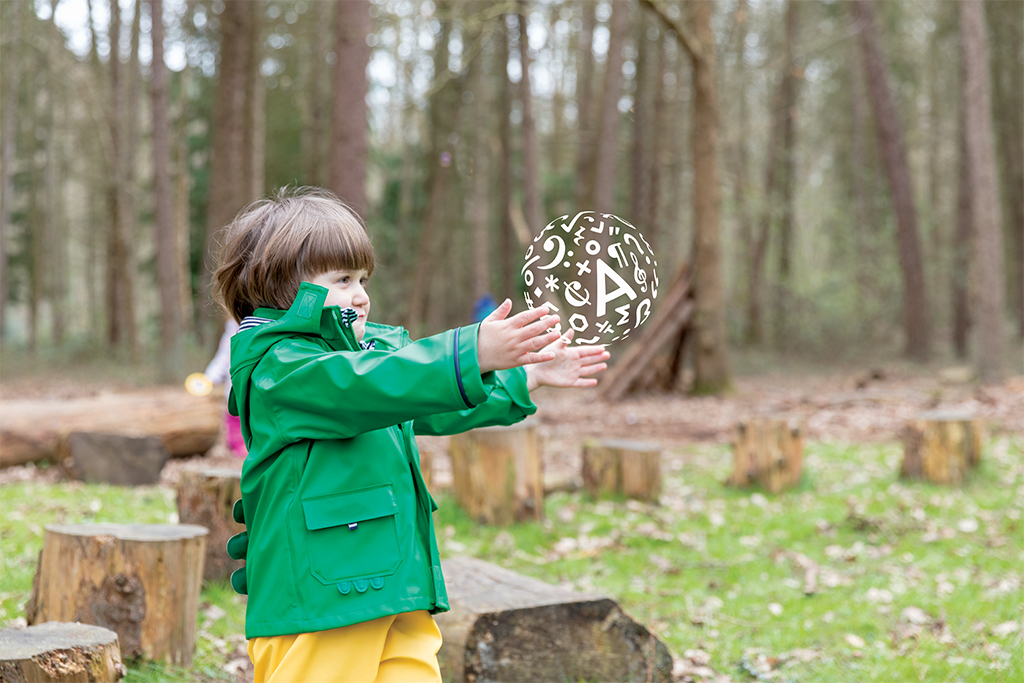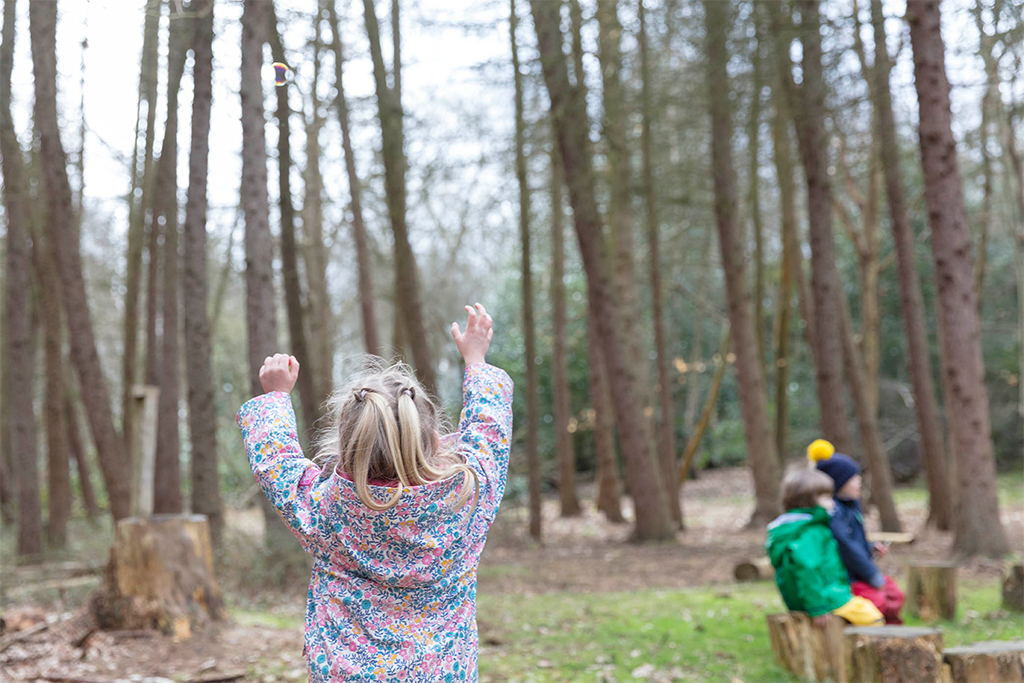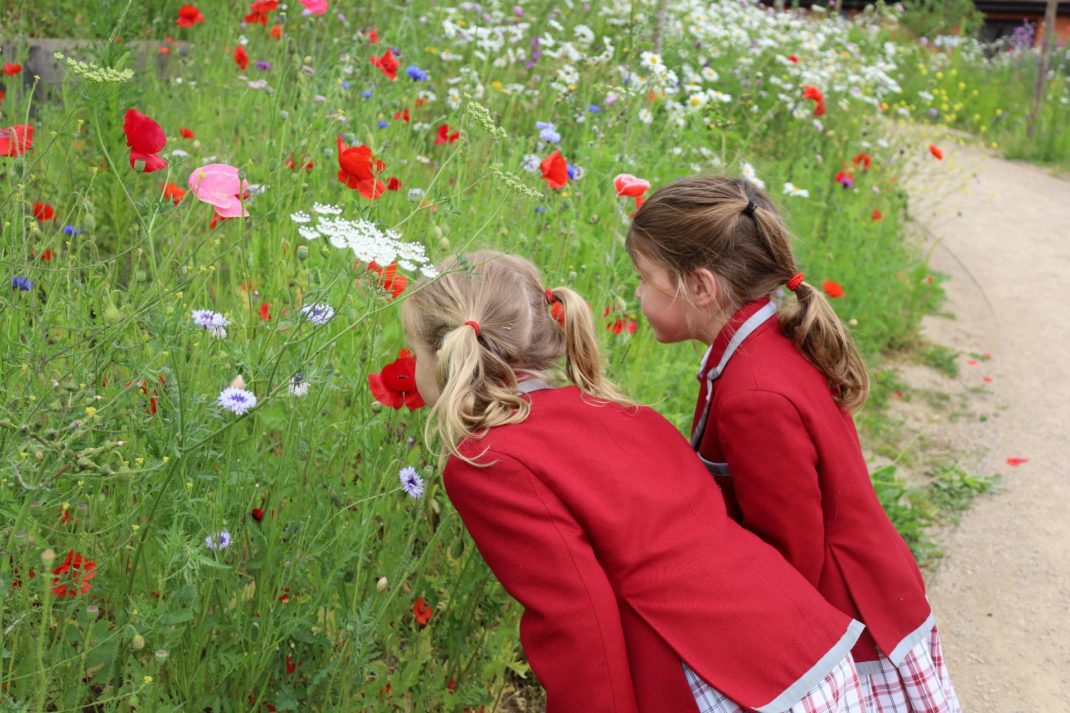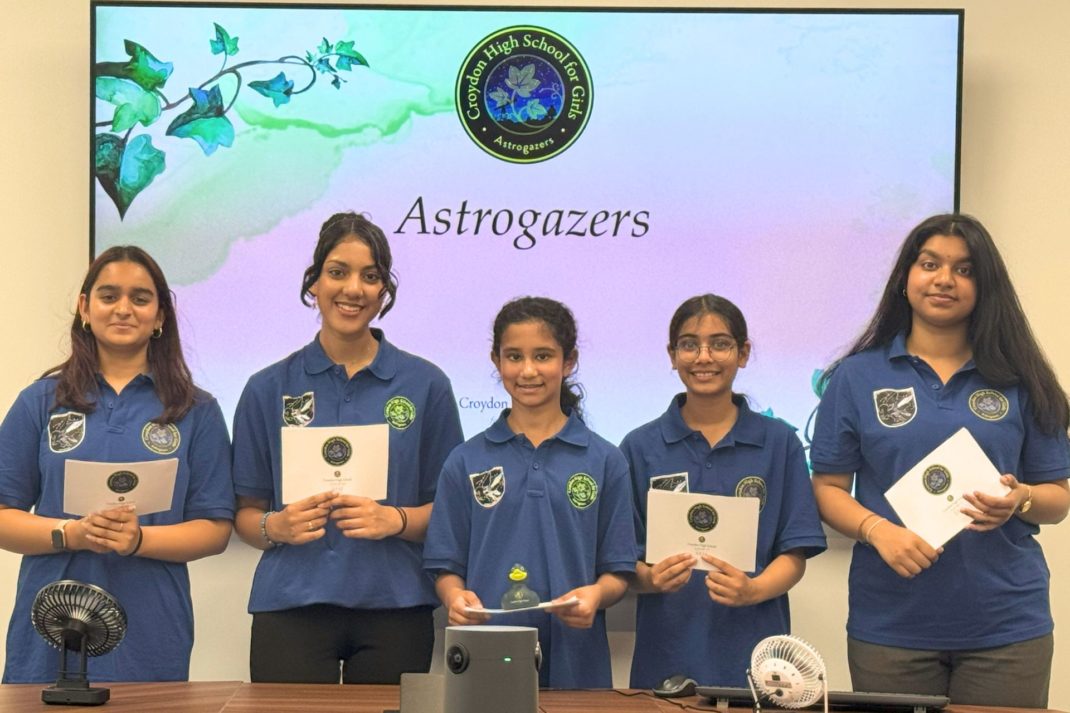The value of outdoor learning for children’s mental health
By
3 years ago
The value of outdoor learning for children's mental health

Chris Hupp, Forest School teacher, sustainability coordinator and trainer at ACS International School Cobham
As a Forest School trainer and educator of primary aged children, I am pleased that the connection between the great outdoors and the wellbeing of children has been recognised through the nature theme of Mental Health Awareness Week last month.

‘What is it you do in Forest School?’ parents often ask me. In response, I share stories of children involved in what could be seen as a “risky activity”. Daring activities like building fires, climbing trees and exploring nature are a natural part of childhood. But, due to the allure of screens and the temptation of YouTube, children are spending more time inside than ever.
I have seen first-hand how outdoor learning can be a powerful way of reconnecting children with the natural world, benefitting both their physical self and their state of mind. Through Forest School, we are able to develop the whole child; taking advantage of varied, rich outdoor experiences to foster a new kind of learner who is a companion of nature, not a user of it.
Outdoor education is more than just learning about nature, but getting our hands dirty with it. It is allowing time for creativity, imagination and cooperative learning to flourish. It provides opportunities for real-life problem-solving in a rich context and this leads to increased resilience to the many hurdles that children will face throughout their lives.

Resilience is an important quality that individuals of all ages need to survive and to thrive, but outdoor learning goes beyond the development of resilience to support the overall wellbeing of a child too. Through building a den, children gain a shared sense of success. When they have made a habitat for a wild animal or picked up rubbish in the woods, they have a sense of pride. They gain curiosity and wonder when watching things grow and change.
Our physical, emotional, and mental health is wrapped up with the health of ecosystems that support life. In this way, learning how to take care of the environment is a vital part of self-care, of deepening our connection with others – including the more-than-human human world – and of reducing anxiety about the future.
At a time when it is so easy for us all to feel so at one with the screens, but disconnected from nature, we must emphasise the importance of getting outdoors to help children develop their sense of self; a critical part of mental health and wellbeing.
READ MORE
ACS Cobham’s Listing



